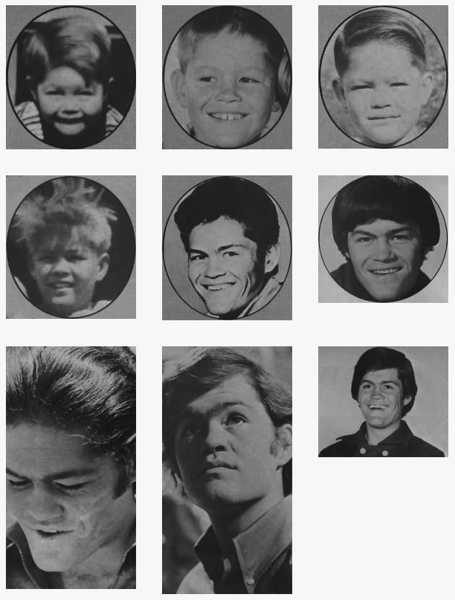I teach several classes for the Stephens College Low-Residency MFA in Screenwriting, including History of Screenwriting. In fact, I created the curriculum for that course from scratch and customized it to this particular MFA in that it covers ‘Screenwriting’ (not directors) and even more specifically, the class has a female-centric focus. As part History of Screenwriting I, the first course in the four-class series, we focus on the early women screenwriters of the silent film era who male historians have, for the most part, quietly forgotten in their books. In this series, I share with you some of the screenwriters and films that should be part of any screenwriters education. I believe that in order to become a great screenwriter, you need to understand the deep history of screenwriting and the amazing people who created the career. — Dr. Rosanne Welch
Leaving Jerusalem by Railway (Auguste and Louis Lumiére, France, 1896)
Départ de Jérusalem en chemin de fer (translated into English as Leaving Jerusalem by Railway) is an 1897 film directed by Alexandre Promio and released by the Lumière brothers. Lasting for roughly 50 seconds, it shows the goodbyes of many passersby – first Europeans, then Palestinian Arabs, then Palestinian Jews – as a train leaves Jerusalem.
Leaving Jerusalem by Railway contains what is possibly the first depiction of camera movement in the history of film. Some instead credit The Haverstraw Tunnel with this innovation,[1] but only the year of release is available for the two; therefore it is unknown which came first. — Wikipedia
Learn more about the Lumiere Brothers with these books
* A portion of each sale from Amazon.com directly supports our blogs
** Many of these books may be available from your local library. Check it out!



![Real Life and The Monkees from 1960’s TV Censorship and The Monkees [Video] (0:47)](https://rosannewelch.com/wp-content/uploads/2017/02/monkees-censorship-20-real-life.jpeg)

![Adapting Argo for the Sake of Action from A History of the Art of Adaptation [Video] (1:14)](https://rosannewelch.com/wp-content/uploads/2017/02/adapt-36-argo-3.jpeg)


![The Devil, Peter Tork and The Monkees from 1960’s TV Censorship and The Monkees [Video] (0:53)](https://rosannewelch.com/wp-content/uploads/2017/02/monkees-censorship-19-devil-peter-tork.jpeg)
![More on Adapting Argo from A History of the Art of Adaptation [Video] (0:37)](https://rosannewelch.com/wp-content/uploads/2017/02/adapt-35-argo-2.jpeg)

![Adapting Argo from A History of the Art of Adaptation [Video] (1:06)](https://rosannewelch.com/wp-content/uploads/2017/01/adapt-34-argo.jpeg)